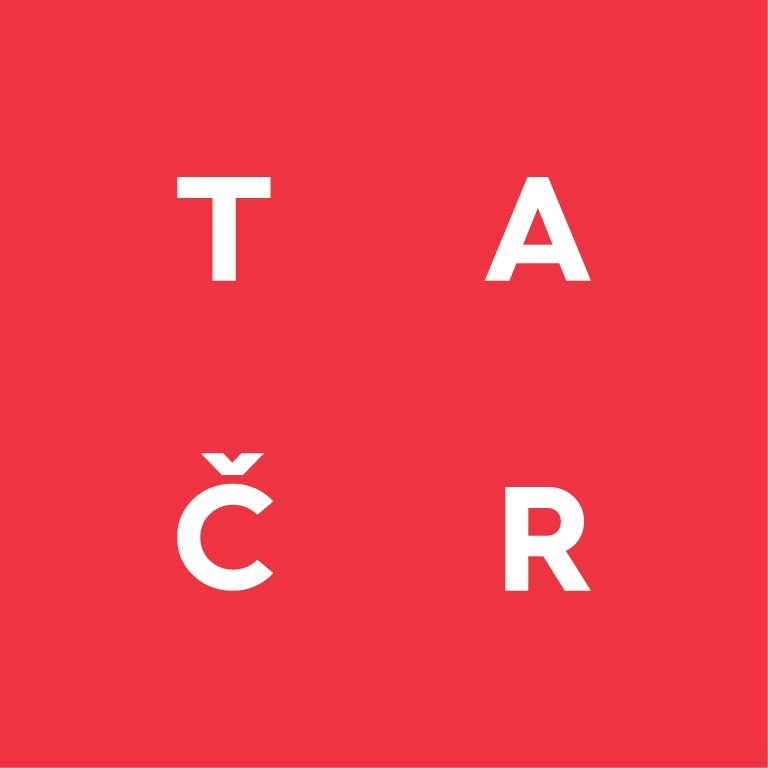This website uses cookies so that we can provide you with the best user experience possible. Cookie information is stored in your browser and performs functions such as recognising you when you return to our website and helping our team to understand which sections of the website you find most interesting and useful.
Vyhledávání

There are altogether 24 academic and industrial facilities across different parts of the Czech Republic participating in the NCC for MATCA that share a common interest in advanced technologies R&D.
Thanks to the success in the public competition of the Program of the National Center of Competence (2022), announced by the Technology Agency of the Czech Republic (TAČR) we continue on providing very perspective cooperation and applied research at NCC MATCA 2, which has successfully expanded to include 4 other partners (Institute for Hydrodynamics of the CAS, v. v. i., SHM, s. r. o., ad-tech s.r.o. and Advanced Metal Powders s.r.o.)
Academic institutions:
Commercial entities:
Biology Centre of the Czech Academy of Sciences, v. v. i. is a public research institution established in 2006 by the Czech Academy of Sciences. It consists of five formerly independent research facilities (Institute of Entomology, Institute of Hydrobiology, Institute of Parasitology, Institute of Plant Molecular Biology, Institute of Soil Biology) and technical-economic administration that was assuring the provision of administrative and technical services. Since 2016, the Centre has hosted a SoWa research infrastructure focused on the comprehensive study of soil and water ecosystems.
The Biology Centre’s primary focus is on research that concentrates on biological and biology/ecology disciplines, mainly entomology, hydrobiology, plant molecular biology, parasitology and soil biology. The main objective of the activities of the Centre is collecting, processing and extending findings about free-living and parasitic organisms, their mutual interactions and their impact on ecosystems and other organisms (including humans), at molecular and cellular levels and at the level of organisms and ecosystems. In addition, Biology Centre provides expert opinions and recommendations across all their disciplines, organizes researcher meetings, and seeks to translate the findings of scientific research into practice, including technology development.

 The NCK for MATCA is supported by the
The NCK for MATCA is supported by the